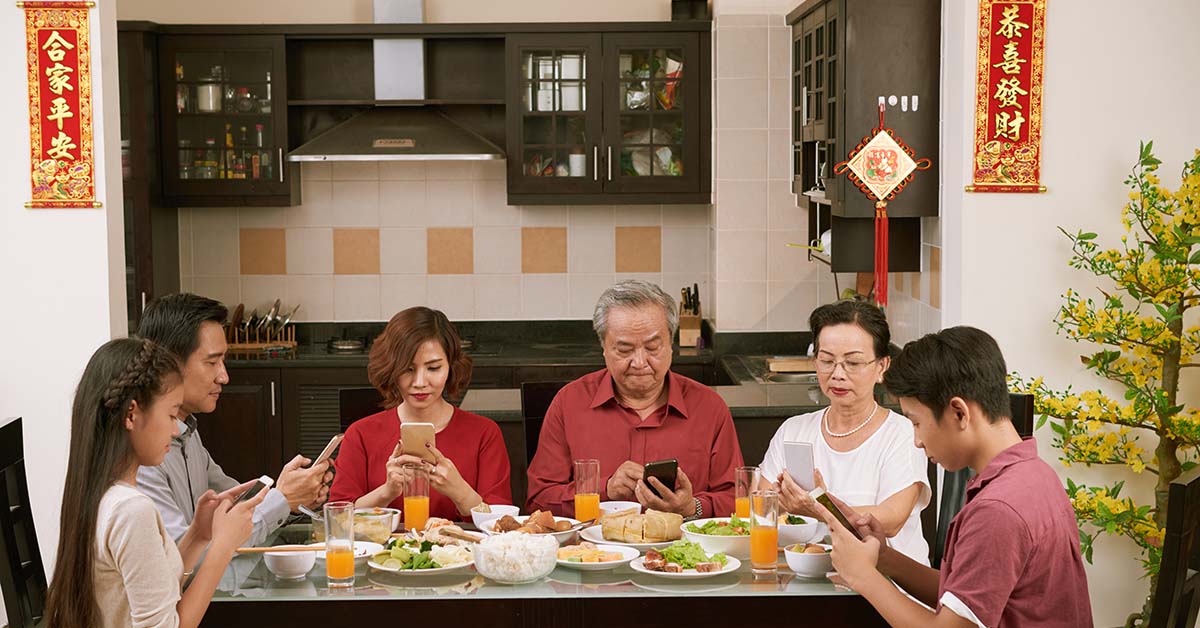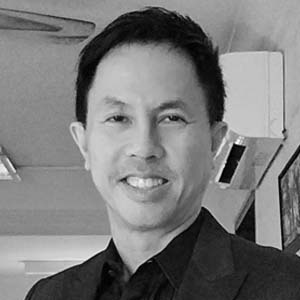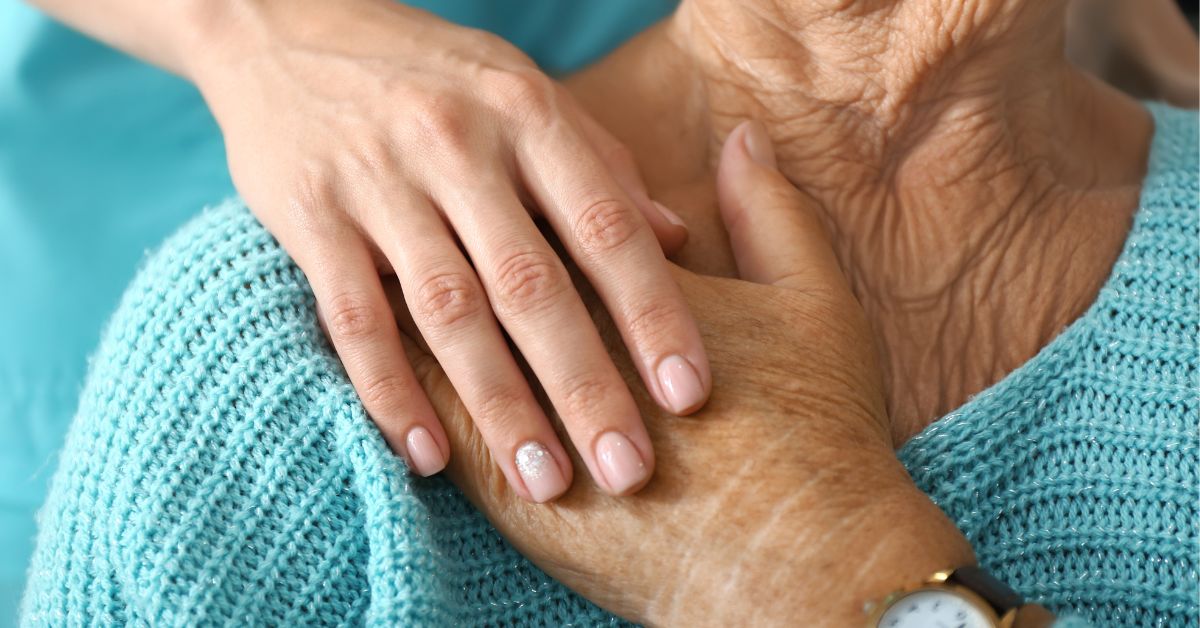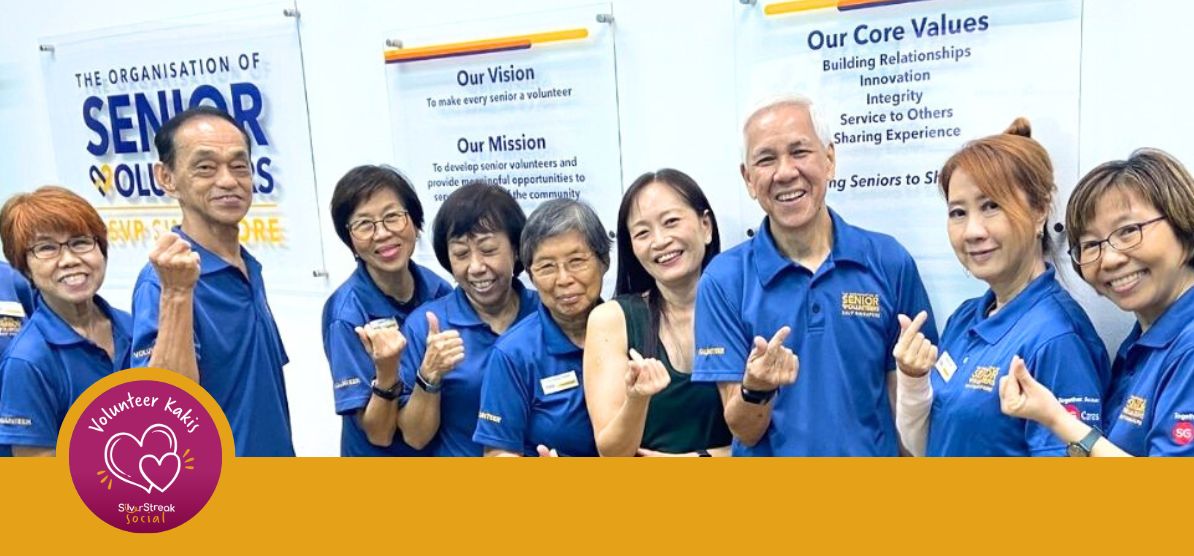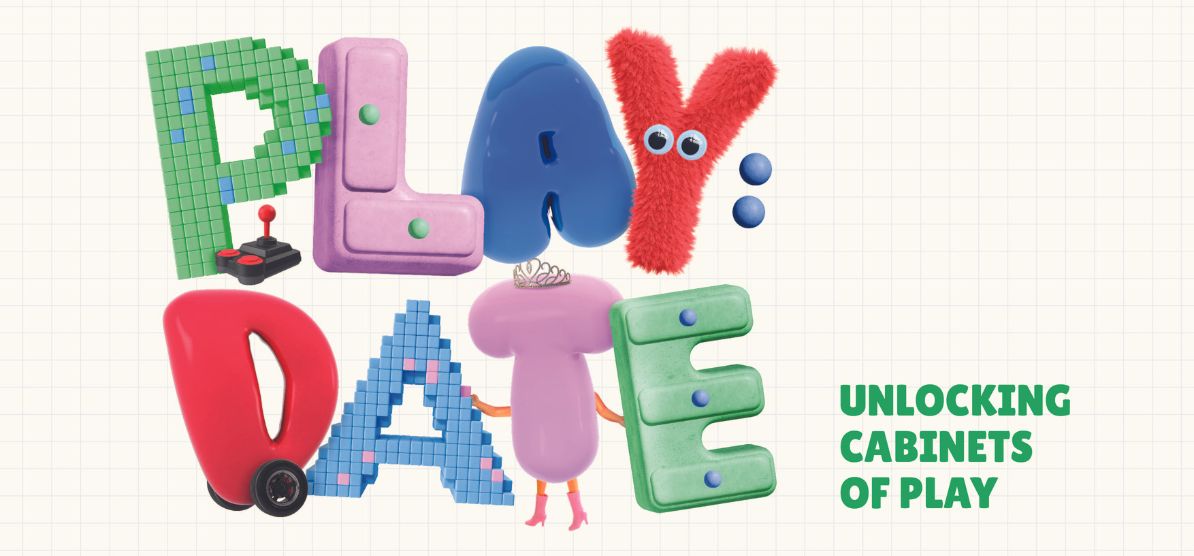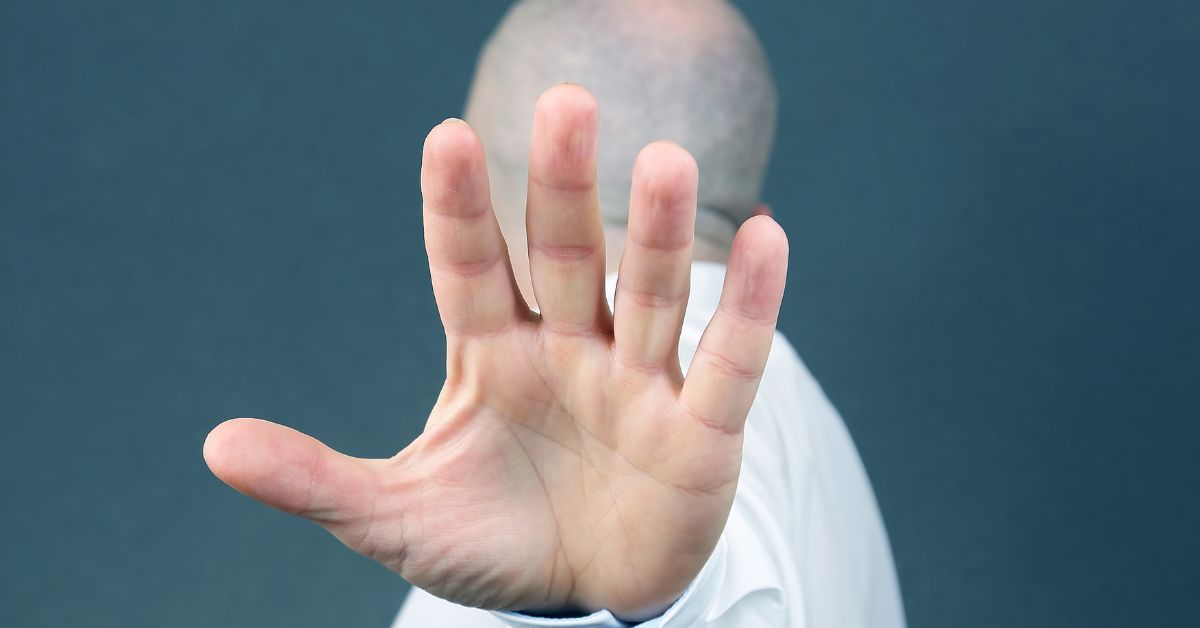
Hafiz is spending Father’s Day home alone, eating a slice of pepperoni pizza with relish, while watching a documentary on actor Michael J Fox’s struggle with Parkinson’s Disease. The irony is not lost on him.
Like Fox, his own father has lost 60 per cent use of his legs, but Hafiz remains unmoved, preferring me-time on that one day when fathers the world over are made to feel like a million bucks.
How strange this image of Hafiz, all nonchalant and cool, must look to those closest to him.
Just two years ago, the 39-year-old freelance social media manager became caregiver to both his parents after his mother started showing signs of dementia.
Advertisement
Hafiz was his mother’s favourite, among his siblings of two sisters and an elder brother.
The transformation from doting mom to confused elderly was slow but certain. It hit Hafiz hard and turned him into a mess.
Hafiz couldn’t bear to see his mother become a shadow of her former self, so he pulled out all stops to care for her.
Doctors’ appointments? Check.
Physiotherapist? Check.
Psychologist. Check.
Find a maid. Check.
Physiotherapist? Check.
Psychologist. Check.
Find a maid. Check.
Hafiz ticked all the right boxes and became the poster boy for caregivers, earning the praises of many, even the doctors themselves.
So how did he end up alone on Father’s Day?
“Self-care,” Hafiz replies, with an air of conviction. His demeanour radiates steely confidence. like a soldier who survived a war but with battle scars to show.
This war Hafiz describes is an invisible war he didn’t know he was fighting — against his own family.
Unlike other family feuds marked by an open war of words, Hafiz was met with passive-aggressive responses, and gaslighting behaviour that is best described as his family doing a slow burn on him that left hm clinically depressed and suicidal.
He remembers one episode vividly and with insight.
"I have never been a people pleaser to win the approval of others, but caring for both my parents was taking a toll on me,"
recalls Hafiz.
“Mom was sick and Dad was difficult, and none of my siblings were communicating. I was feeling angsty and I needed to feel appreciated. One day, dad calls me into his room and asks how I am. I heave a sigh of relief, but he launches into a diatribe about how I am disrespectful and rude to him. To add salt to the wound, he later sends me an email dripping with resentment.
"In short telling me why he doesn’t like me but that he is a good father and that is just the way it is."
Hafiz fell into depression and anxiety a few weeks later. He managed to find accommodation at a friend’s house to recover, but no one from the family called, much less texted to ask how he was.
Hafiz shares that the email pushed him over the edge because it made him feel even more unseen. The pain etched on Hafiz’s face stops him from saying more, but he does reveal that jealousy and favourtism drove much of his family’s behaviour.
"I must be the only caregiver in the world to be persecuted for caring,"
says Hafiz, with a sardonic smile.
"I've learned now that self-care isn’t just about taking walks in the park and listening to music, it is also very much about feeling safe. And this can mean drawing boundaries by keeping my distance from those you thought you could trust."
His journey to recovery also made him realise how guilt can get in the way of self-care.
“I continued to care because I believe I was fulfilling my role as a dutiful son,” says Hafiz. “But little did I know I was setting myself up for depression.”
Therapy helped him realise his family exhibited signs of emotional immaturity.
According to clinical psychologist and author Lindsay C Gibson, some of the cardinal characteristics of emotionally immature people under stress are egocentricity, poor empathy and self-reflection, fear of emotional intimacy and a propensity to interpret reality to fit their selfish needs. Its impact left Hafiz rejected and lost.
Therapy also helped Hafiz process all these difficult feelings, which paved the way for him to reconnect to his values and roles and restore his confidence, independent of people’s responses.
His self-care kit required him to continue maintaining boundaries for safety, but it also included surrounding himself with people who believed in him.
Hafiz knew he was on the road to recovery when he relinquished his role of caregiver without feeling anxiety or guilt.
He has continued to maintain boundaries, but hopes to be eventually strong and confident enough to return home with clear outcomes that are centred on self-care and compassion.
Caregivers resource:
*For the purposes of confidentiality, the name of Hafiz and some his identifiable characteristics have been changed, but his story remains real.

